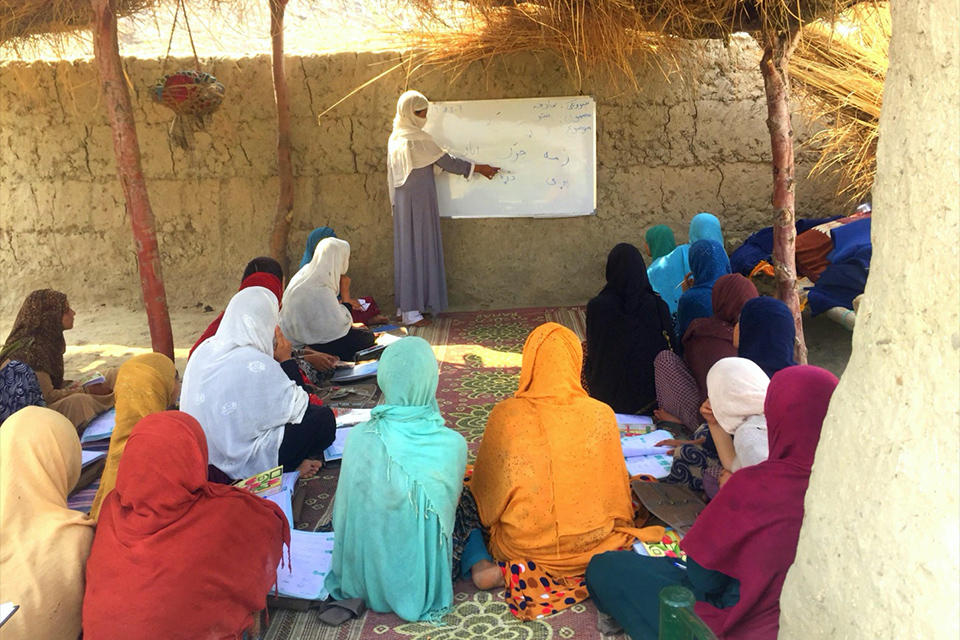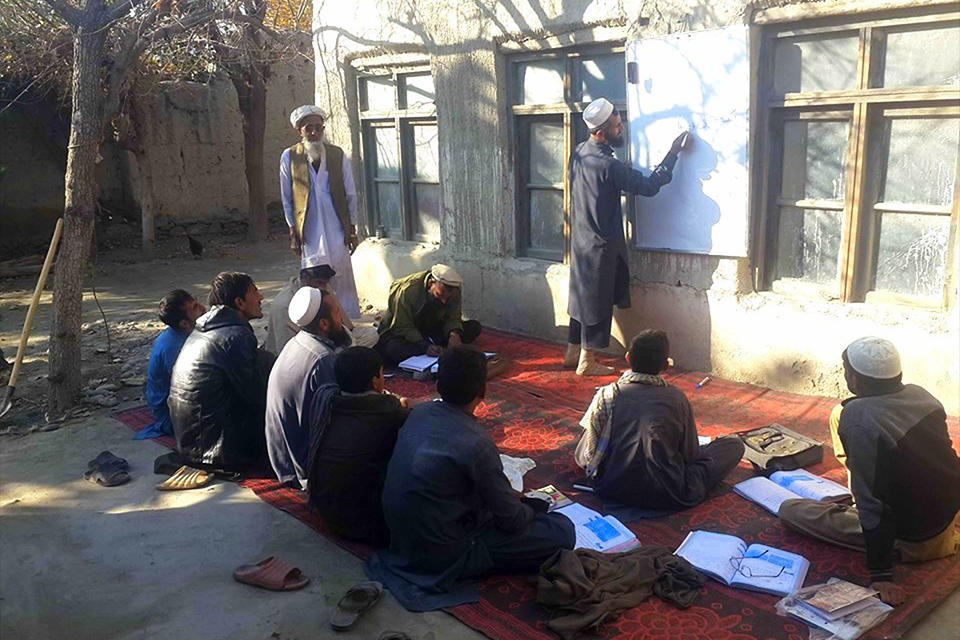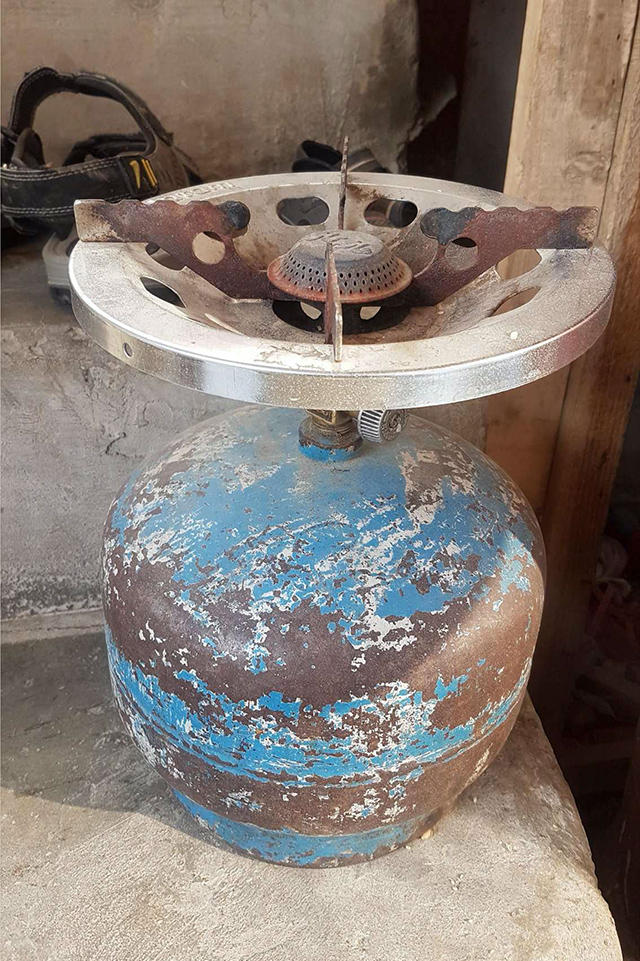[Original by Maki KATO, Afghanistan Project (June 30, 2020); Translated by E. Miyazaki /M. Olagoke]
The 2nd term of the literacy class, which is supported by JVC, was completed in March! We finished all classes just before the outbreak of COVID-19 as if we were trying to escape from it, and a total of 250 men and women from the village have learned how to write. Seeing the proud faces of the participants with their diplomas in their hands is the biggest accomplishment of this past year. At the beginning of this year, there were many requests from the village asking us to organize another year of the literacy course which shows there was a positive outcome from the first year. We can feel that the region is gradually accepting this movement and understanding the importance of education.
This literacy course is run by JVC with a local partner organization YVO, and it features aspects useful for people’s everyday lives such as health & hygiene, peace education, recipe making, as well as the conventional curriculum provided by the government. This course is an important opportunity to share information necessary for daily life among villagers who have limited opportunity to learn elsewhere (it is especially difficult for women to go out on their own). There were times when the attendance rate declined on extremely hot days during summer or on severely cold days during winter, but we were able to overcome them. The staff was encouraged by the participants who continued to attend until the end despite the uncomfortable learning environment, and the teachers who taught every day with low pay as if it was pro bono.
We conducted surveys with the participants this year as we did in the previous year and we could see that there were many women who thought that education was important both for men and women, but there was not enough support and understanding for women’s education from the men. There are several reasons behind this result. One suggested reason is the apprehension about the safety in schools or travel routes. It is difficult for us to provide other forms of support such as the construction of schools due to fund restriction, but we are providing support to as many villagers (women) as possible to teach them the joy and splendor of education, while respecting the local cultures and values and securing a classroom in the villages for them to travel to safely. The teachers were saying with strong determination that, “If the women can make use of the new skills they gained from the literacy course, their husbands, siblings and their fathers will come to understand the value.”
Also, when the Coronavirus began to spread in March, JVC immediately started to take actions to prevent infection in this region. We were able to react quickly because of the participants, the teachers and the students of the literacy class. We felt that the trust we built with the villagers from our usual interactions as an NGO helped us respond to this urgent situation.

Women’s class. The teacher is a high school graduate who was born in the same village, which is also why participants feel comfortable.

Men’s class. Absence can occur many times due to their day labors.

A heating equipment used in a standard household of the village which we used when it was extremely cold. They use gasoline because they do not have electricity.
